Mastering Pest Management: Effective Strategies for Residential and Commercial Spaces
This text explores the importance of understanding common household pests like rodents, termites, an…….
Understanding Pest Control Services
Pest control services encompass a range of practices and measures aimed at preventing or eliminating pests from residential, commercial, agricultural, and industrial settings. These services are essential for protecting public health, maintaining the integrity of structures, and preserving ecosystems. The core components of pest control include inspection, identification, monitoring, and eradication of pests using a variety of methods, including chemical, biological, and mechanical controls. Historically, the need to manage pests has been recognized since ancient times when simple methods like smoke, fire, and traps were used. Today, advanced scientific knowledge and technology have significantly refined the field, making it more effective and environmentally friendly.
Global Impact and Trends
Pest control services have a profound impact on a global scale. The proliferation of pests can lead to significant economic losses in agriculture, pose health risks through disease vectors like mosquitoes, and cause structural damage to buildings. Different regions face unique challenges due to varying climates, biodiversity, and the prevalence of specific pests. For instance, termites are a major concern in tropical regions, while rodents and insects like bed bugs are prevalent worldwide. Key trends shaping the trajectory of pest control services include the push for sustainable practices, the rise of integrated pest management (IPM) systems, and the increasing demand for eco-friendly solutions.
Economic Considerations
The economic aspects of pest control are multifaceted. On a macro level, the pest control industry contributes significantly to the global economy by mitigating losses in agriculture, forestry, and property management. The market dynamics reflect a mix of demand for both commercial and residential services, with growth driven by urbanization, climate change, and increased awareness of health and safety standards. Investment patterns show a trend towards innovation, with substantial funding directed towards research and development of new pest control products and methods. In economic systems, pest control plays a crucial role in maintaining the balance between agriculture productivity and environmental conservation.
Technological Advancements
Technological advancements have revolutionized the field of pest control services. Innovations such as drones for monitoring crop health, advanced data analytics for predictive modeling, and biotechnology for developing genetically modified crops to resist pests are transforming traditional practices. The impact of these technologies is significant, offering more precise, less invasive, and cost-effective solutions. Future potential includes the integration of artificial intelligence (AI) for automated pest identification, machine learning algorithms for predicting outbreaks, and gene editing techniques like CRISPR to engineer pest-resistant species.
Policy and Regulation
A myriad of policies, regulations, and legislative frameworks govern pest control services worldwide. These include the Food Quality Protection Act (FQPA) in the United States, the European Union’s Regulation (EC) No 396/2005 on sustainable use of pesticides, and various international agreements like the International Plant Protection Convention (IPPC). These regulations aim to protect human health and the environment by limiting the use of harmful chemicals and promoting sustainable practices. They also set standards for professional certification, training, and ethical conduct within the industry.
Challenges and Criticisms
Pest control services face several challenges and criticisms. One major issue is the development of pesticide resistance among pests, necessitating the continuous development of new strategies. Environmental concerns over the use of chemical pesticides have led to public scrutiny and calls for more sustainable practices. Additionally, the economic pressures of maintaining competitive prices while investing in innovation present a delicate balance for service providers. Actionable solutions include diversifying control methods, enhancing education and awareness campaigns, and fostering collaboration between researchers, policymakers, and industry professionals.
Case Studies
Several case studies illustrate the successful application of pest control services. One notable example is the eradication of malaria in a region through a combination of mosquito control measures, public health initiatives, and community involvement. Another case involves the use of IPM in sustainable agriculture, where integrated approaches have reduced reliance on chemical pesticides and improved crop yields without compromising soil or water quality. These successes underscore the importance of tailored solutions and the role of stakeholder engagement.
Future Prospects
The future outlook for pest control services is promising, with potential growth areas including urban pest management, agricultural biotechnology, and the development of novel materials for structural protection. Emerging trends suggest a continued shift towards IPM, increased use of biopesticides, and more sophisticated monitoring systems. Strategic considerations include addressing climate change impacts, improving global food security, and ensuring that technological advancements are accessible and beneficial to all sectors of society.
Conclusion
Pest control services are a critical component of maintaining ecosystem health, protecting public welfare, and supporting economic activities. This comprehensive article has explored the multifaceted nature of pest control, from its historical roots to the cutting-edge technologies shaping its future. The relevance of these services cannot be overstated, as they directly impact our quality of life, the safety of our food supply, and the preservation of our environments.
FAQ Section
What are pest control services?
Pest control services are professional practices aimed at managing or eliminating pests that can cause damage to property, transmit diseases, or disrupt agricultural production.
Why is pest control important?
Pest control is important for protecting public health, safeguarding food safety, maintaining property integrity, and ensuring the sustainability of agriculture.
What methods are used in modern pest control?
Modern pest control employs a variety of methods including chemical pesticides, biological controls like predators or parasites, physical/mechanical measures such as traps or barriers, and integrated pest management (IPM) strategies that combine multiple approaches for effective management.
How does climate change affect pest control?
Climate change can alter the distribution and behavior of pests, potentially increasing their populations and range, which in turn requires more adaptive and sustainable pest control measures.
Are there eco-friendly pest control options?
Yes, there are many eco-friendly alternatives to traditional pesticides, including biological pesticides derived from natural sources, mechanical and physical barriers, and IPM practices that focus on prevention and monitoring.
This FAQ section provides a snapshot of the most frequently asked questions about pest control services, offering readers a quick reference for understanding the scope and significance of the field.
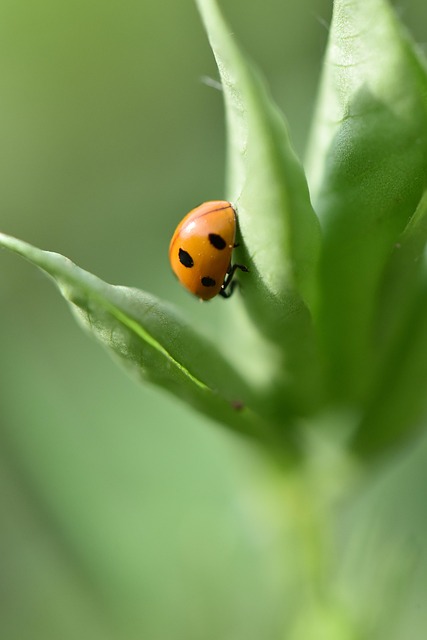
This text explores the importance of understanding common household pests like rodents, termites, an…….
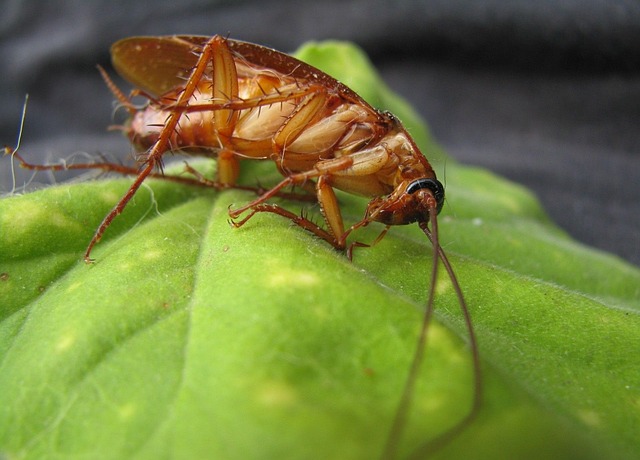
Bed bugs, persistent blood-sucking pests, demand effective global control. Professional pest control…….

Integrated Pest Management (IPM) offers a sustainable and eco-conscious approach to pest control, ga…….
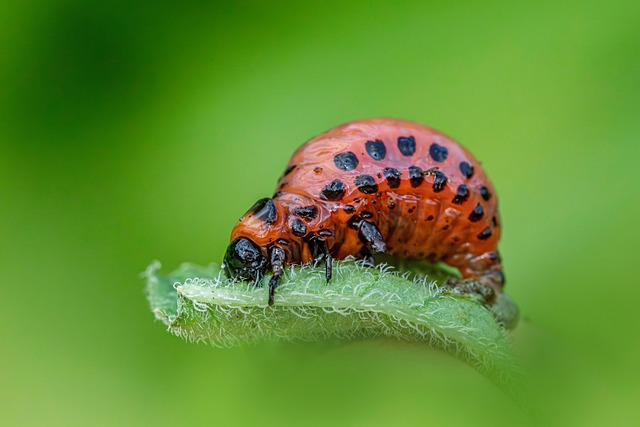
Rodent infestations and common pests like ants and bed bugs are significant issues for both homes an…….
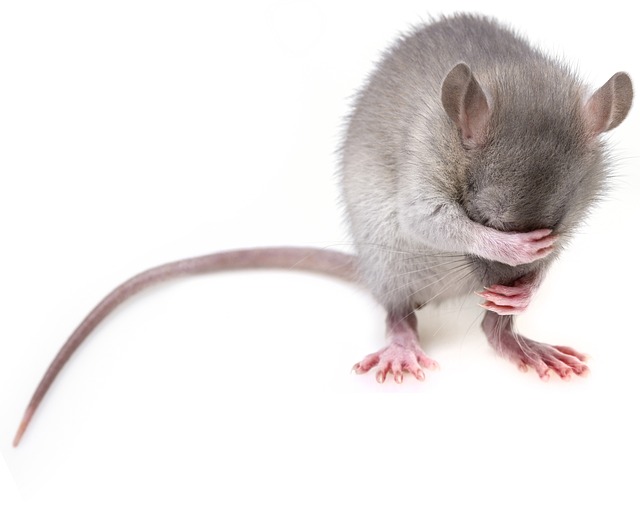
Comprehensive pest inspections and tailored pest control services are essential for maintaining resi…….
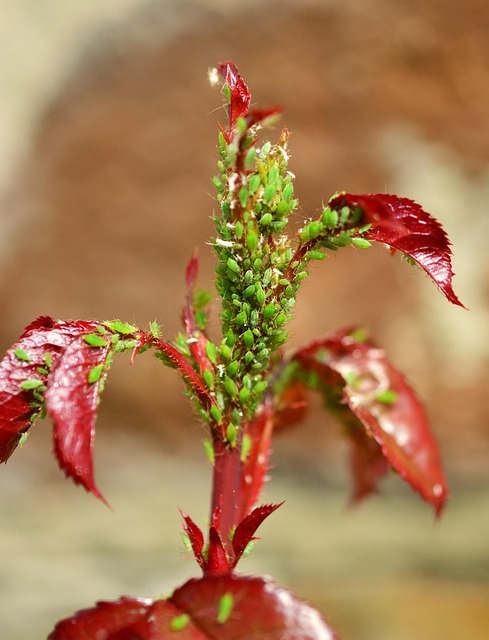
Mosquito and tick populations peak in warm seasons, prompting the need for professional pest control…….
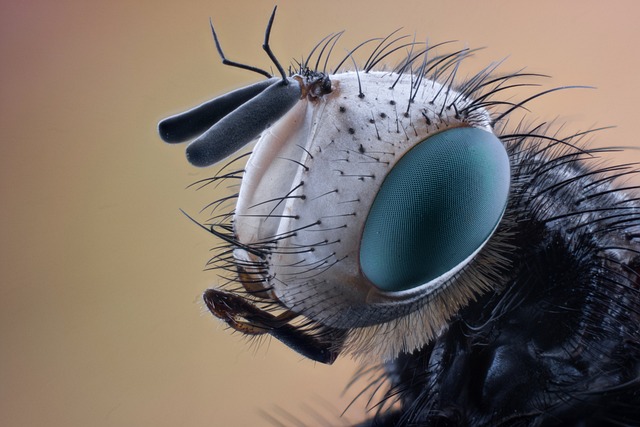
Professional pest control services offer humane and effective solutions for various pests, from term…….
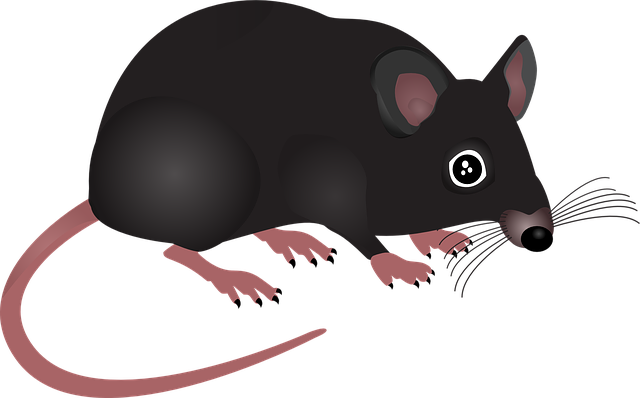
Pest control services offer comprehensive solutions for maintaining structural integrity, specializi…….
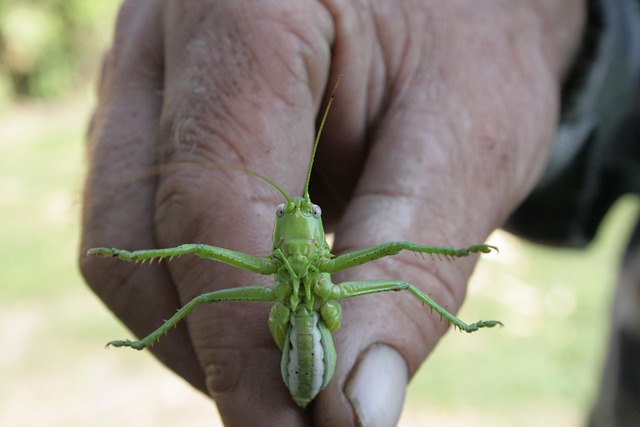
Small but potent termites pose a significant threat to buildings, infiltrating through cracks and ca…….
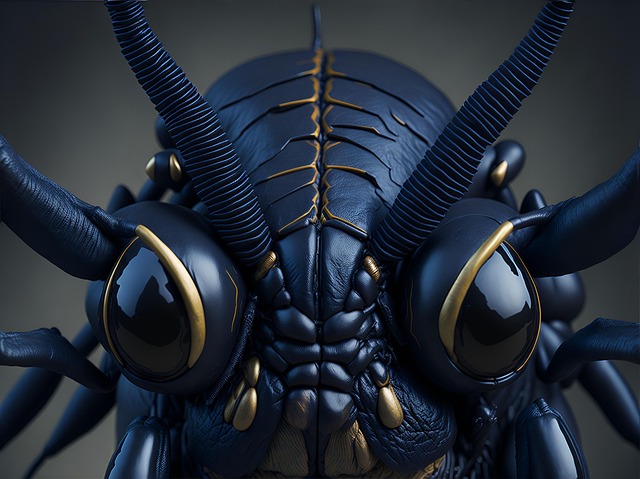
Regular pest inspections and professional pest control services are key to maintaining healthy livin…….